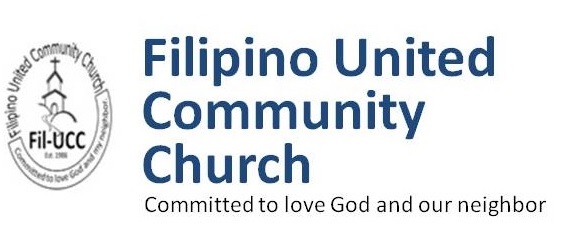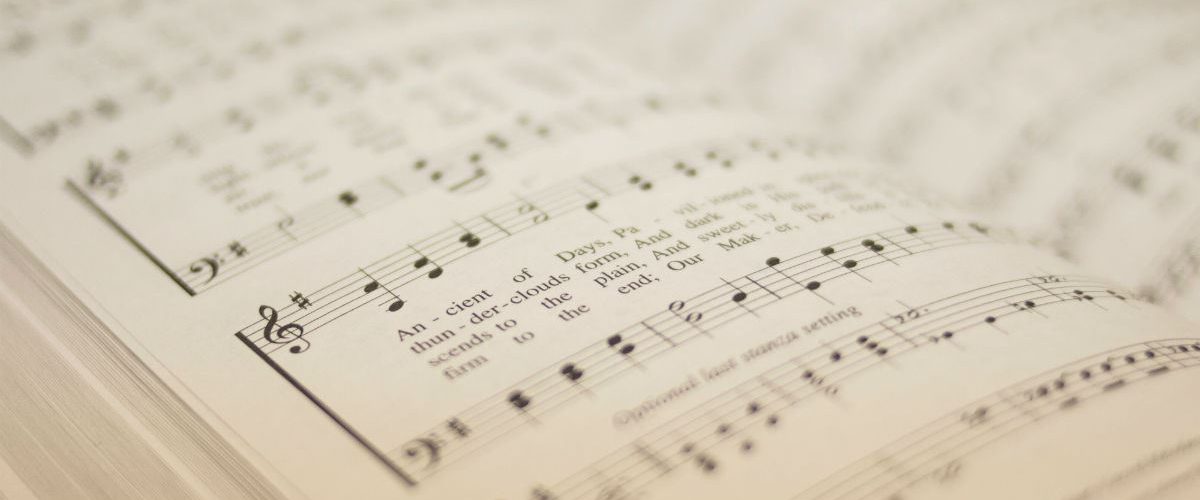Do We Really Need to Keep Singing Hymns?
Share by Jean Padrinao on Facebook
By Brenton Collyer – October 17, 2019
http://www.churchleaders.com
Do we really need to keep singing hymns? When I say “Hymn,” what comes to mind?
- Dusty cloth covers concealing musty yellow pages?
- Archaic words coupled with monotonous music?
- A cherished part of your past?
- An obligation in your present?
- A remnant of the lifeless religion of your parents?
- Nothing at all?
Growing up I attended an Assemblies of God church and didn’t know hymns existed. Later we attended a little country church where I heard my first hymn. Confusion soon followed. In High School I helped at a Lutheran church and hymns began to intrigue me.
Now I’m a worship pastor and I have to decide for myself how I feel about singing hymns. Do we really need to keep singing hymns? I think so. And my first reason may surprise you.
The Noise We Live In
Teens and twenty-somethings of the ’60s and ’70s wanted something new. “Don’t give me the stale, lifeless songs of my parents.”
Teens and twenty-somethings of the late ’90s and early 2000’s wanted relevance. “If I come to church I want the music to sound like Coldplay and the pastor to look like he walked out of Abercrombie and Fitch.”
It’s changed again. Young people today (I include myself in this group) aren’t looking for something new. They aren’t looking for something relevant. We’re looking for something true. Something ancient.
The lifespan of a trend – a song, a style, a social platform – is getting shorter and shorter. The all-consuming cloud of the new is suffocating. New thoughts and ideas. New books and movies. New albums and genres. New technologies. Something new used to mean something fun and exciting. Now it’s just a shooting star. We barely enjoy it’s flash before it’s gone.
The lifespan of an expert is about as short. Everyone thinks they have something to say and will scratch and claw to build a platform to say it. Another bestselling author can rise in the time it takes to froth a Latte. And they’re gone before you finish your cup. Rich, thoughtful, timeless truths are so hard to come by.
How do we cut through the fog? Give me something ancient. Something that has stood the test of time. I want some of that.
Where Did I Come From?
This is a question that is burning in our current collective mind. The number of people who’ve paid for genetic genealogy tests is now in the tens of millions.
Globalization is a double-edged sword. It plants the seeds of flourishing economies, technologies, and connections while choking out the roots of heritage and culture. More than ever we long to connect with our past. Our people. Our place in this world.
Be Thou My Vision is an ancient Irish poem thought to be written in the 700s. The 700s. As in 1300 years ago! When my church sang this song a few weeks ago, Millennials in Monterey were connected to an Irishman 5,000 miles and 1,300 years away.
How Great Thou Art was originally written in German, then Russian, and finally translated into English in 1949. I’ve never been to Germany. Or Russia. But a part of them has come to me.
And then there’s I Surrender All, written by Judson Van De Venter in 1896. Venter grew up in Michigan and went to Hillsdale College. The same Hillsdale Michigan I grew up in. The same Hillsdale Collage my sister attended. The College where I used to attend fancy dinners with guest lecturers. Where I climbed under the bushes of the campus arboretum for hours on snowy winter afternoons. I haven’t been to Ireland or Germany but I have been to Hillsdale.
When I sing these songs I begin to know my past, my people, and my place in this world.
The What and the Why
In 2009 a middle-aged man in a frumpy button up took a small stage in Seattle. Armed only with some paper on an easel and a mic wrapped in green tape he gave his talk. Just shy of 18 minutes. Today, Simon Sinek’s TedTalk has 43 million views and counting. It’s been translated into 48 languages. What was his big idea? Start with the WHY.
Many modern songs tell us what. They do this really well! We sing what God is, What He’s done, and what we do in response.
Hymns often tell us why. Why He is the way He is, why He’s done what He’s done, and why we should respond. If what brushes the skin, why penetrates the heart.
Let’s looks at three popular worship songs.
Build My Life
Worthy of every song we could every sing
Worthy of all the praise we could ever bring
Worthy of every breath we could ever breathe
What is God? He is Worthy. Why is He worthy? There isn’t much of an explanation.
Something like this adds flesh to the bones.
My sin, o the bliss of this glorious thought
My sin not in part but in whole
Was nailed to the cross and I bear it no more
Praise the Lord, Praise the Lord O my soul! (It Is Well)
Great Are You Lord
You give life
You are love
You bring light to the darkness
You give hope
You restore every heart that is broken
What is God? We get five different characteristics. Why can we describe Him this way? It doesn’t really say. Let’s zero in on hope. Why can we place our hope in God?
my Father
There is no shadow of turning with Thee
Thou changest not, Thy companions, they fail not
As Thou hast been, thou forever will be (Great Is Thy Faithfulness)
You’re a good, good Father
It’s Who You are
What is God? He’s Good. Why is He good? We get a small glimpse later in the song with the line “You are perfect in all of your ways.”
A verse like this turns that passing glimpse into a vivid picture.
Through many dangers, toils, and snares
I have already come
T’was grace that brought us safe thus far
And grace will lead us home (Amazing Grace)
I love all three of these modern songs and lead them regularly at my church. Simple songs have an important place. But coupling the simple what with the descriptive why is a recipe for awe, wonder, and whole-hearted response.
So you tell me. Do we really need to keep singing hymns?

